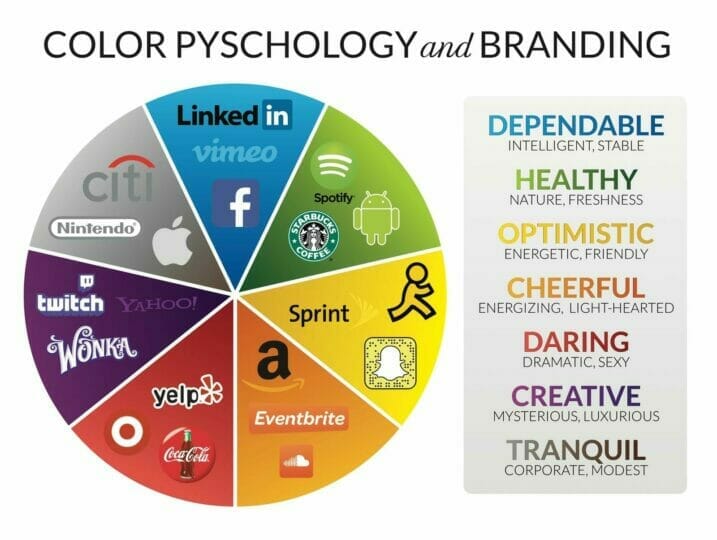Unlocking Potential: The Power of Neuroeducation
Understanding the brain’s role in learning is crucial for educators and students alike. The brain is the control center of our bodies, responsible for processing information, making decisions, and storing memories. By understanding how the brain functions and how it is influenced by various factors, we can optimize the learning process and enhance educational outcomes.
Understanding the Brain’s Role in Learning
The brain is a complex organ composed of billions of neurons that communicate with each other through electrical and chemical signals. It is divided into different regions, each with its own specialized functions. The frontal lobe, for example, is responsible for decision-making and problem-solving, while the hippocampus plays a crucial role in memory formation.
When it comes to learning, the brain undergoes a process called neuroplasticity. This refers to the brain’s ability to change and adapt in response to new experiences and information. Through neuroplasticity, new neural connections are formed, allowing us to acquire new skills and knowledge.
The Connection Between Emotions and Learning
Emotions play a significant role in the learning process. When we are emotionally engaged, our brains are more receptive to new information and are better able to retain it. Positive emotions, such as curiosity and excitement, can enhance learning by increasing motivation and attention.
On the other hand, negative emotions, such as stress and anxiety, can hinder learning. When we are stressed or anxious, our brains release cortisol, a hormone that impairs memory formation and retrieval. This can make it difficult to concentrate and retain information.
The Science of Memory Retention
Memory is a fundamental aspect of learning. Memories are formed through a process called encoding, where information is transformed into a format that can be stored in the brain. This information is then stored in different regions of the brain depending on its type.
There are three main types of memory: sensory memory, short-term memory, and long-term memory. Sensory memory holds information from our senses for a brief period of time, while short-term memory allows us to hold and manipulate information for a short period, typically around 20 seconds. Long-term memory is where information is stored for an extended period, potentially for a lifetime.
The Impact of Stress on the Brain and Learning
Stress can have a detrimental effect on the brain and learning. When we experience stress, our bodies release cortisol, a hormone that prepares us for the fight-or-flight response. While this response can be helpful in certain situations, chronic stress can have negative effects on the brain.
High levels of cortisol can impair memory formation and retrieval, making it difficult to learn and retain information. Chronic stress can also lead to structural changes in the brain, particularly in the hippocampus, which is crucial for memory formation. These changes can further hinder learning and cognitive function.
The Importance of Sleep in Learning and Memory
Sleep plays a crucial role in learning and memory consolidation. During sleep, the brain processes and consolidates information acquired during wakefulness. It is during this time that memories are strengthened and integrated into existing knowledge.
Lack of sleep can have a significant impact on learning and cognitive function. When we are sleep-deprived, our ability to concentrate and retain information is impaired. Sleep deprivation also affects our mood and emotional well-being, further hindering the learning process.
The Role of Executive Function in Academic Success
Executive function skills are essential for academic success. These skills include attention control, working memory, cognitive flexibility, inhibitory control, and goal-directed behavior. They allow us to plan, organize, prioritize, and regulate our thoughts and actions.
When executive function skills are well-developed, students are better able to focus their attention, manage their time effectively, set goals, solve problems, and regulate their emotions. These skills are crucial for academic tasks such as reading, writing, and problem-solving.
The Benefits of Mindfulness and Meditation on Learning
Mindfulness and meditation practices have been shown to improve learning and cognitive function. These practices involve focusing one’s attention on the present moment, without judgment. By practicing mindfulness and meditation, students can enhance their ability to concentrate, regulate their emotions, and reduce stress.
Research has shown that mindfulness and meditation can increase gray matter in the brain, particularly in regions associated with attention and emotional regulation. These practices have also been found to improve working memory, cognitive flexibility, and decision-making skills.
The Power of Growth Mindset in Education
Having a growth mindset can positively impact learning and academic achievement. A growth mindset is the belief that abilities and intelligence can be developed through effort and practice. Students with a growth mindset are more likely to embrace challenges, persist in the face of setbacks, and believe in their ability to improve.
In contrast, students with a fixed mindset believe that abilities and intelligence are fixed traits that cannot be changed. They are more likely to avoid challenges, give up easily, and believe that their abilities are predetermined.
The Effect of Nutrition on Brain Function and Learning
Nutrition plays a crucial role in brain function and learning. The brain requires a constant supply of nutrients to function optimally. Certain nutrients, such as omega-3 fatty acids, B vitamins, and antioxidants, have been found to support brain health and cognitive function.
A healthy diet that includes a variety of fruits, vegetables, whole grains, lean proteins, and healthy fats can provide the necessary nutrients for optimal brain function. On the other hand, a diet high in processed foods, sugar, and unhealthy fats can negatively impact brain health and cognitive function.
The Future of Neuroeducation and its Potential Impact on Education
Neuroeducation is an emerging field that combines neuroscience with education. It aims to apply scientific knowledge about the brain to improve teaching and learning practices. By understanding how the brain learns, educators can design more effective instructional strategies and interventions.
Neuroeducation has the potential to revolutionize education by individualizing instruction, optimizing learning environments, and enhancing educational outcomes. By incorporating brain-based strategies into the classroom, educators can create a more engaging and effective learning experience for students.
Understanding the brain’s role in learning is essential for educators and students alike. By understanding how the brain functions and how it is influenced by various factors, we can optimize the learning process and enhance educational outcomes. Factors such as emotions, stress, sleep, executive function skills, mindfulness, growth mindset, nutrition, and neuroeducation all play a crucial role in learning and cognitive function. By incorporating brain-based strategies into education, we can create a more engaging and effective learning experience for students.
If you’re interested in the fascinating field of neuroeducation, you may also want to check out this insightful article on strategic positioning and its importance in unleashing the potential of your brand. Strategic positioning plays a crucial role in establishing a strong and memorable brand identity, which can greatly impact how your target audience perceives and engages with your products or services. To learn more about this topic, click here: Unleashing the Potential of Your Brand: The Importance of Strategic Positioning.

